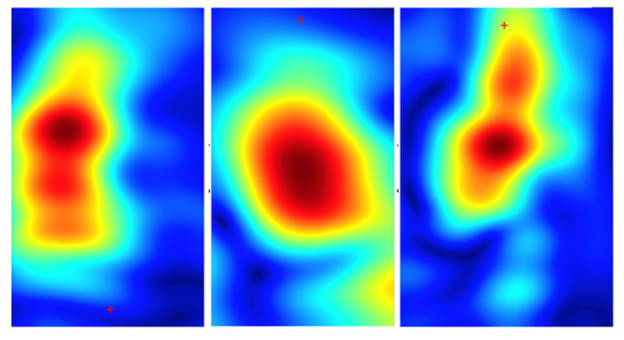Cancer occurrences are climbing, and skin cancer is no exception. Doctors carve out lumps of tissue for biopsy to determine if cancer is present, often causing painful wounds that heal slowly. The medical field is more aggressively testing, and the number of biopsies has grown approximately 4x faster than the number of cancers detected—about 30 benign lesions for each case of skin cancer.
Stevens Institute of Technology researchers are developing a low-cost handheld device that could cut the rate of unnecessary biopsies in half while providing easy access to laboratory-grade cancer diagnostics.
The team’s device uses millimeter-wave imaging — the same technology used in airport security scanners — to scan a patient’s skin. This tech makes it theoretically possible to spot cancers by monitoring contrasts in the rays reflected from the skin. The researchers used algorithms to fuse signals captured by multiple antennas into a single ultrahigh-bandwidth image, reducing noise and quickly capturing high-resolution images of even the tiniest mole or blemish.
The team examined 71 patients during real-world clinical visits, finding that their method accurately distinguished between benign and malignant lesions in just a few seconds. Using their device, Tavassolian and Mirbeik could identify cancerous tissue with 97% sensitivity and 98% specificity — a rate competitive with even the best hospital-grade diagnostic tools.
Millimeter-wave rays harmlessly penetrate about 2mm into human skin, so the team’s imaging technology provides a precise 3D map of scanned lesions. Future improvements to the algorithm powering the device could significantly improve the mapping of lesion margins, enabling more accurate and less invasive biopsies for malignant lesions.
The next step is to move the diagnostic kit onto an integrated circuit, which could soon allow the production of functional handheld millimeter-wave diagnostic devices for as little as $100 a piece.

